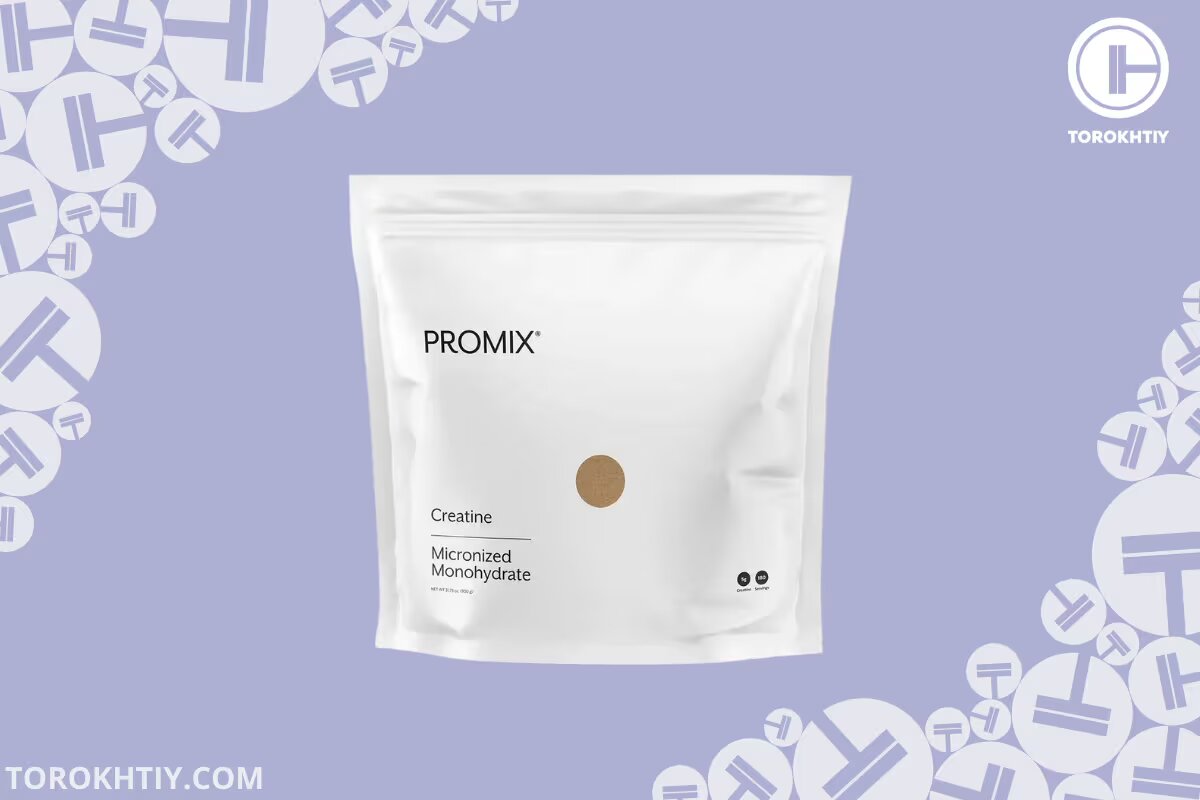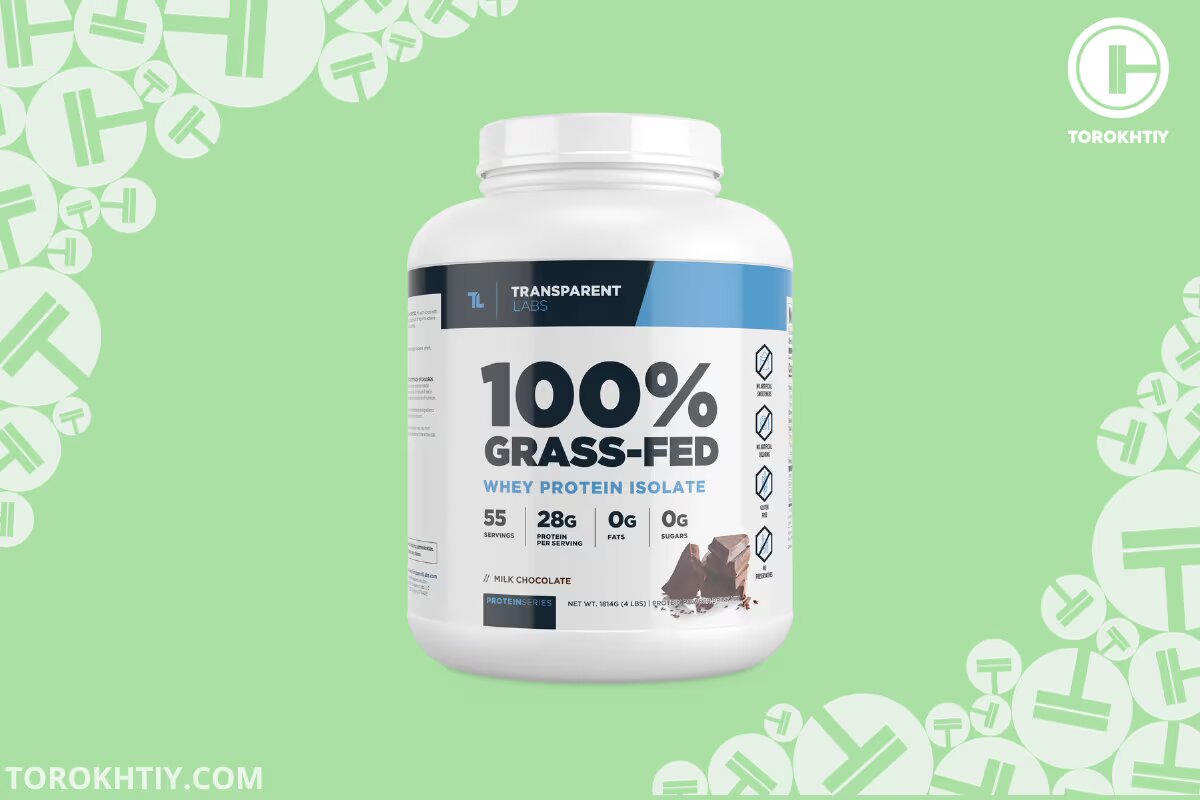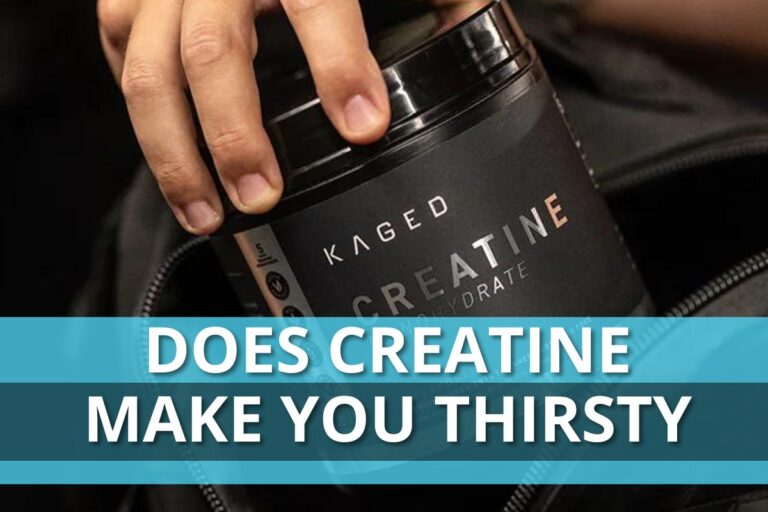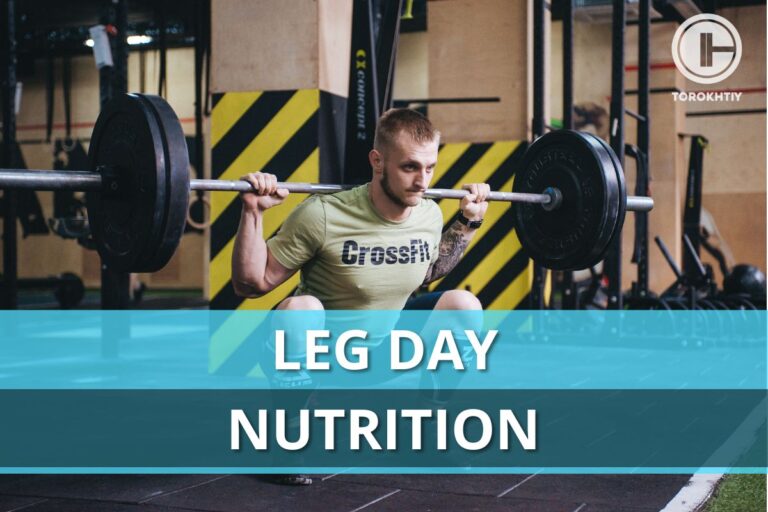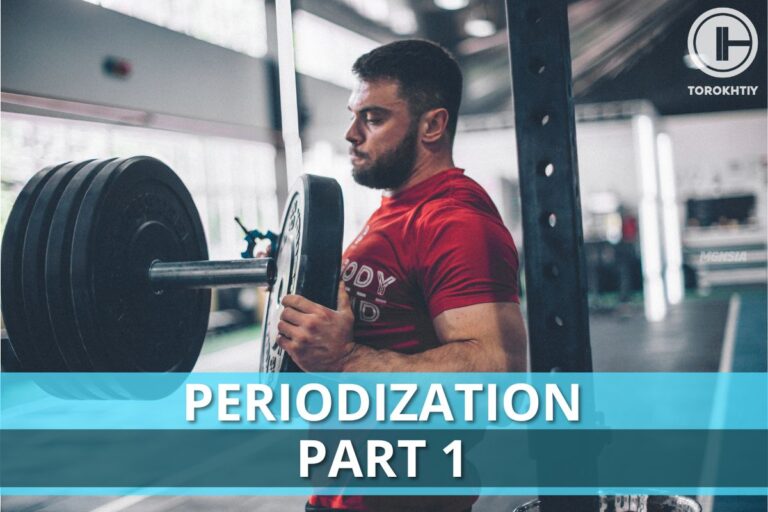Creatine vs Whey Protein: Do You Need to Choose One?
The supplement industry is one of the most heavily saturated markets in the world, with thousands of different compounds claiming beneficial performance effects. Out of these, only a handful have been well-proven in clinical research. Creatine and whey protein are two of them, with the creatine vs whey protein debate ongoing.
We’ve compared both supplements in detail, giving the pros and cons and our recommended products below:
Creatine vs Whey Protein: Creatine is a performance-enhancing supplement whilst whey protein provides an essential macronutrient needed to stimulate muscle protein synthesis for muscle growth. Creatine or protein powder both have multiple benefits. Creatine is for athletes looking to enhance high-intensity exercise performance while whey protein provides an essential macronutrient.
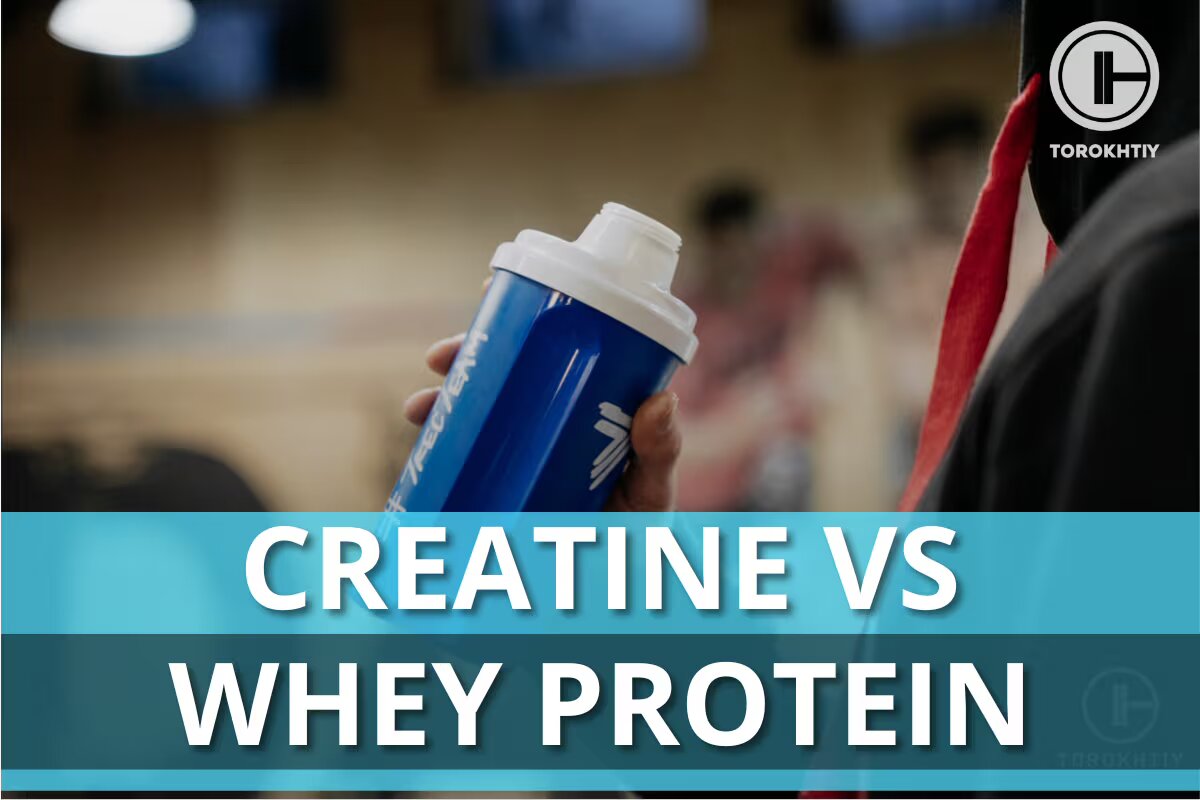
What Is Creatine?
Creatine is an amino acid derivative that’s naturally produced in your body and can be sourced from certain foods such as red meat, eggs, and fish. Creatine plays an important role in the production of adenosine triphosphate (ATP) which provides our cells with energy, for example during exercise movements such as lifting, running, and throwing.
Creatine is stored in skeletal muscle as phosphocreatine. Our body uses phosphocreatine when there is a high demand for ATP. This primarily occurs during high-intensity exercise when our body needs to rapidly restore ATP, providing energy for cellular processes.
Whilst we produce around 1-2 grams per day using our liver and kidneys, our natural production and food intake isn’t enough to fully saturate our muscle phosphocreatine stores. Therefore, supplementation is warranted.
Creatine is one of the most extensively researched ergogenic aids in the world, with multiple studies showing beneficial effects on strength, power output, and a bit on muscle composition. High-intensity exercise is improved due to increases in phosphocreatine, a compound that fuels performance at that intensity.
Benefits of Taking Creatine:
As one of the most widely studied supplements in the world, creatine has a number of key benefits. These include:
- Improved Performance (Strength, Power, work capacity and more)
- Enhanced Recovery
- Injury Prevention
- Brain Health Improvements
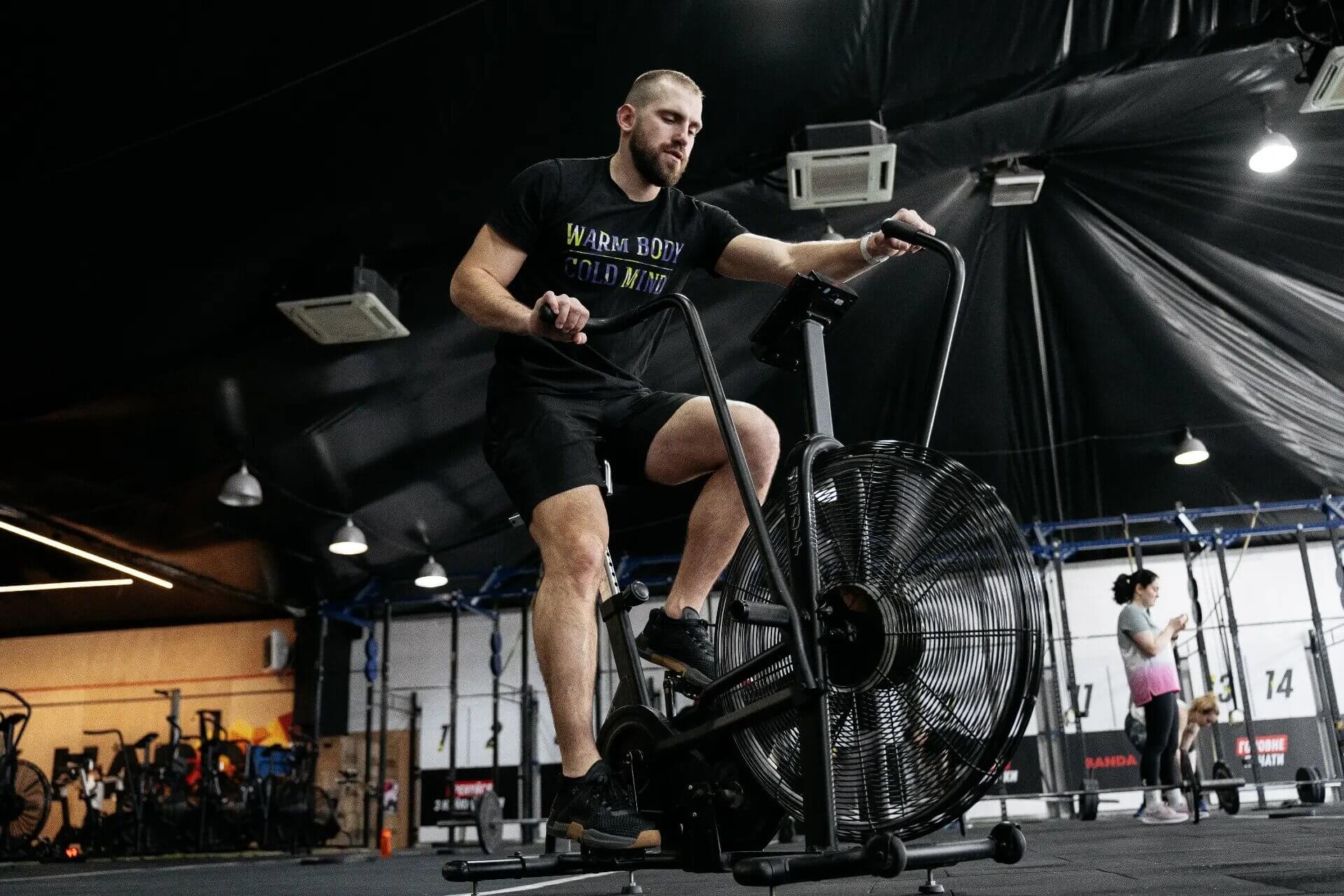
What Is Whey Protein?
Protein is an essential macronutrient that plays a pivotal role in muscle building and power output. As one of the big three macronutrients, protein can be found in many food sources such as eggs, meat, and fish and is commonly taken as a powder or drink.
Whey protein is derived from milk and can be drunk using various liquid mixes or by mixing powder with a liquid or food of your choice. It has a complete profile of all nine amino acids which we need to get from external sources.
Amino acids are commonly known as building blocks which means that they can help create new proteins and stimulate muscle protein synthesis (MPS). Studies suggest an average protein intake of 1.2-1.6g/kg of body weight is needed to ensure optimal muscle building and maintain function. Whey protein provides a convenient, high-quality protein source that’s easily accessible and offers great value for money.
Like creatine, whey protein has been widely studied, with multiple trials showing benefits on muscular strength, power, and function with supplementation.
Whey protein has a number of benefits which include:
- Increased muscle protein synthesis (MPS)
- Improved muscle mass
- Better recovery after training
- Improved muscular strength
- Lower appetite following consumption
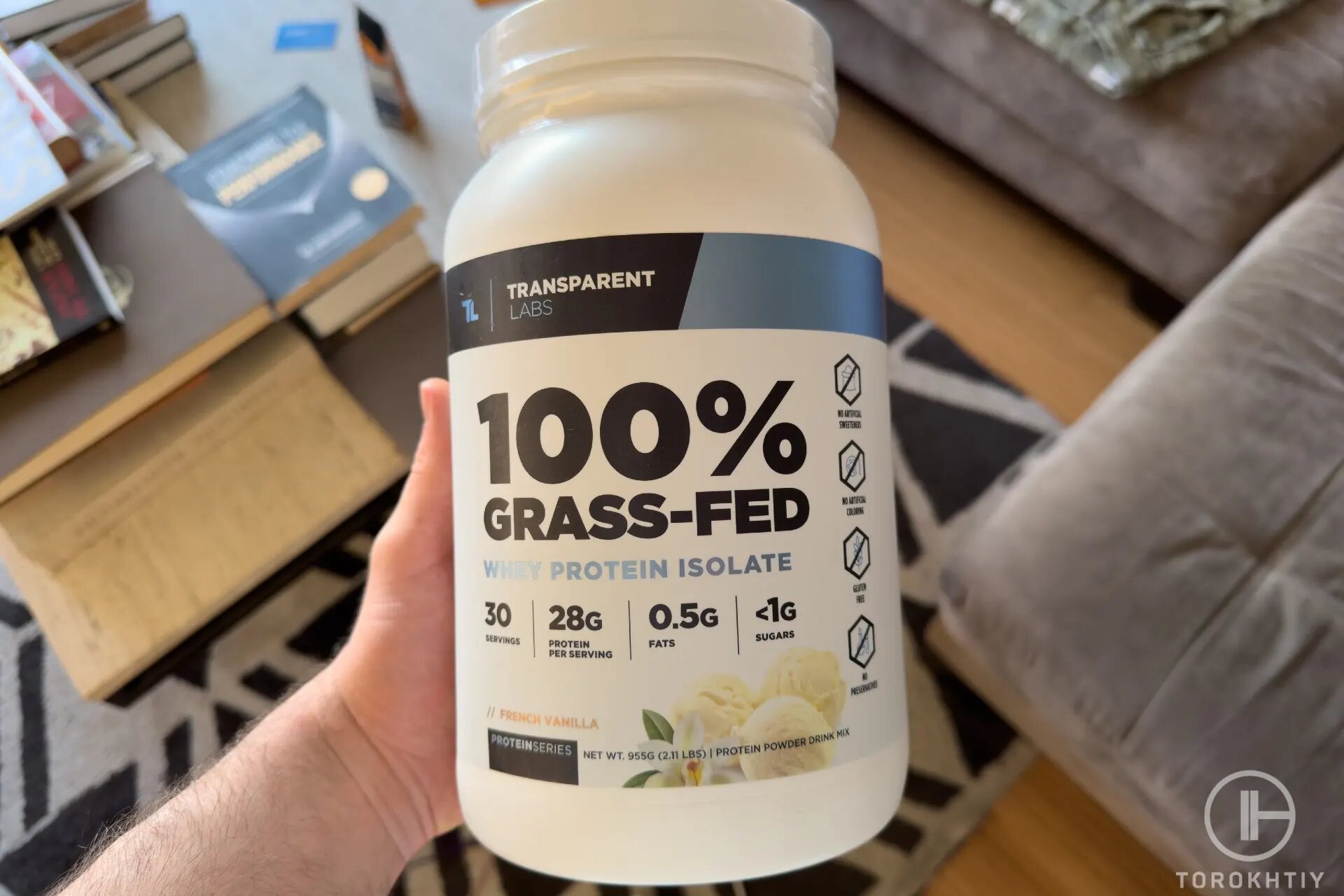
Creatine vs Whey Protein
Creatine and whey protein are two popular supplements heavily used by recreational gym goers and athletes. In terms of muscle growth, protein is a game changer, stimulating muscle protein synthesis. Creatine helps with muscle growth indirectly by improving performance and helping with recovery.
Both creatine and protein have a large amount of research showing multiple beneficial effects when supplemented correctly.
Here are the key differences between whey protein vs creatine:
1. Composition
Creatine is an amino acid that’s synthesized using i.a. three amino acids – Glycine, arginine, and methionine. It’s produced by our liver and pancreas in small amounts each day and is present in foods such as meat, seafood, and eggs.
Once ingested, the creatine is stored as phosphocreatine in skeletal muscle and used to rapidly restore ATP that can be used by our cells in high-intensity exercise.
Whey protein has a complete amino acid profile which means it has all nine essential amino acids in good amounts. It can be taken as a powder, with liquid, and as a pre-made protein drink. Whey protein provides the amino acids necessary for various cellular functions including muscle protein synthesis (MPS).
2. Dietary Sources
Creatine is present in animal products which include seafood, meat, and eggs. The amount of food required to fully saturate our muscle stores through diet is extremely high which is why supplementation is so common.
Whey protein comes from milk. Enzymes are added to the milk to separate the curd and whey before it’s processed into powder. Whey protein powder is then produced as a supplement. As milk contains low amounts of whey protein compared to whey powder, supplementation is often beneficial/needed.
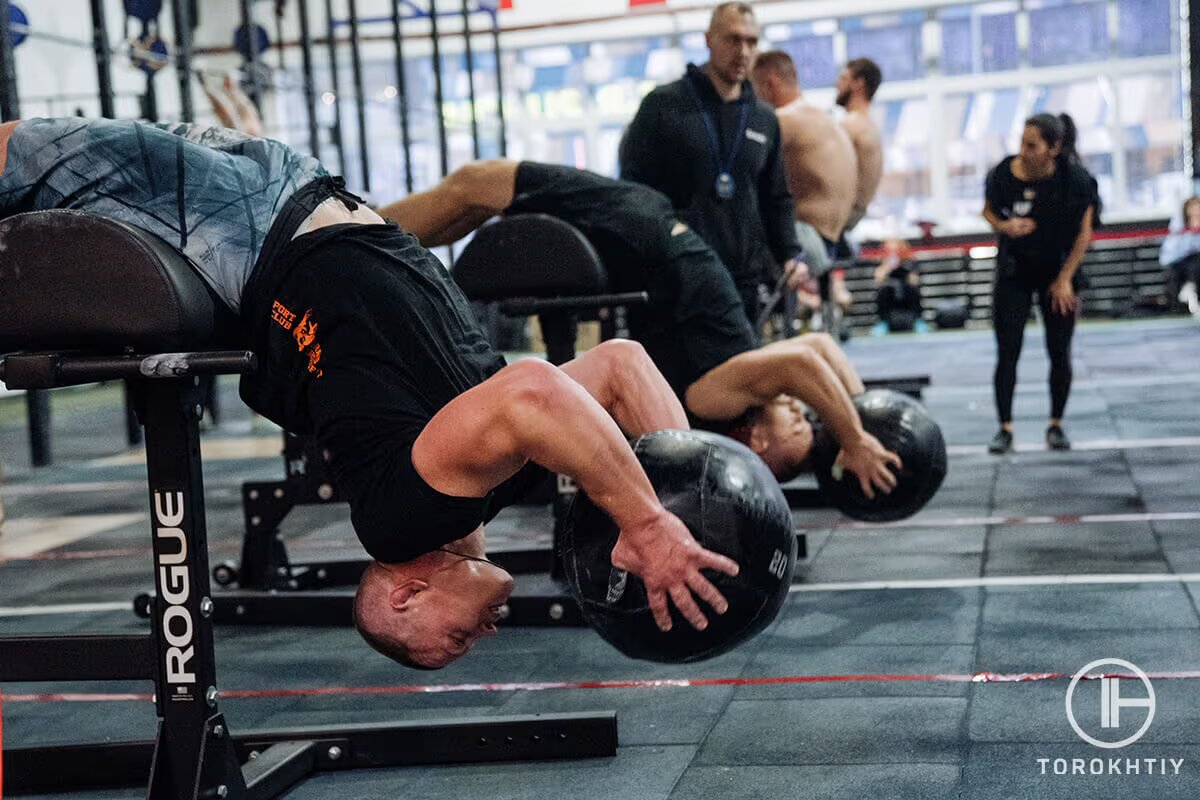
3. Muscle Building
The main difference between whey protein and creatine relates to how they are both used by the body. Creatine provides fuel for exercise and will help with performance and recovery. Alongside this, the increased water retention and cell swelling seen with creatine supplementation may help to make muscles look fuller and improve body composition. This can then indirectly improve muscle growth. Whey protein is used to add amino acids and protein to your diet to meet protein requirements and increase MPS by providing enough amino acids with a higher leucine content. Once you have enough protein in your diet this then influences muscle growth, body composition, and performance.
Whey protein provides your body with a complete protein source that enhances muscle protein synthesis and therefore muscle gain over time. Following a suitable exercise stimulus, your muscle fibers break down, then in order to adapt to the stressor you will build back stronger. Whey protein provides the building blocks to help this process of muscle protein synthesis take place.
4. Weight Loss Mechanisms
When trying to lose weight, a few main factors need to be controlled to ensure long-term success. To lose weight, you need to burn more calories than you take in. This is known as being in a negative energy balance. Controlling your calorie intake is the most important factor, with other things such as nutrient timing, meal composition, and supplements playing a less or not important role at all.
During a calorie deficit, muscle protein turnover can be impaired as your body might look for alternative energy sources. Increasing your protein intake using whey protein when dieting helps to suppress muscle protein breakdown and conserve some vital muscle tissue as much as possible.
Muscle tissue is metabolically active. It’s one of the most metabolically active tissues in the body which means it requires calories to function even when you are at rest. More muscle mass means a higher calorie expenditure, which may help with weight loss when calorie intake is controlled correctly.
Protein is also highly satiating which means it helps keep us fuller for longer, suppressing hunger and decreasing the risk of overeating when dieting.
Lastly, protein has a higher thermic effect of food meaning it requires more energy to digest. All of these factors make whey protein vital when looking at weight loss.
Creatine can have indirect effects on fat loss with the increases in muscle mass and resistance exercise performance but its beneficial effects are mainly related to exercise performance. For these reasons, protein is much more relevant for weight loss.
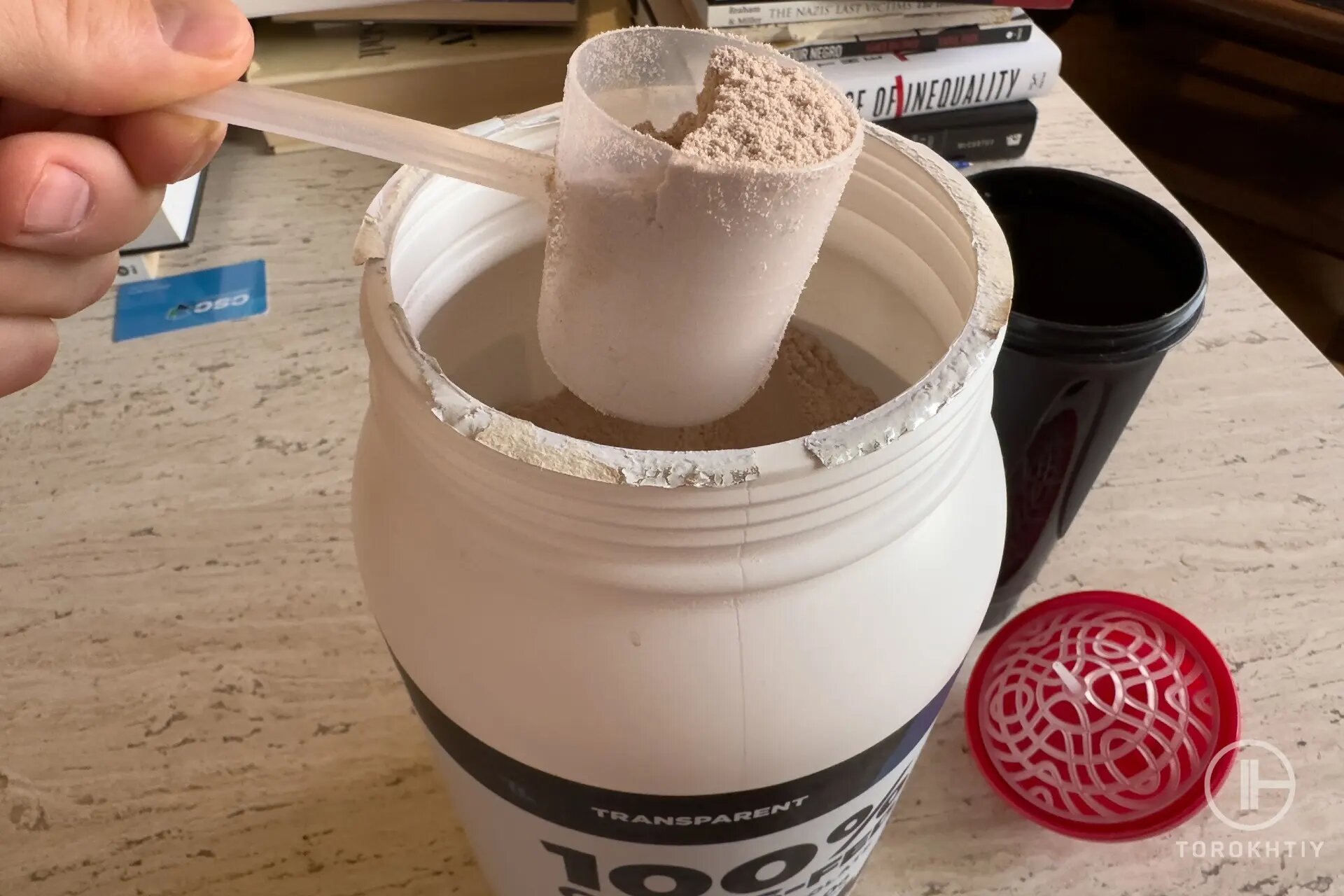
Creatine vs Whey Protein: Summary
Creatine and whey protein are two highly effective supplements with a number of beneficial physical and performance effects. Once ingested, they work in different ways to improve muscle growth and performance. Creatine acts indirectly by providing fuel for exercise and recovery whilst protein is an essential macronutrient needed to stimulate MPS for muscle growth. Both can be taken as a supplement and are present in animal products but only in small amounts.
Both should be used alongside a well-organized diet and training plan and not replace the nutrition fundamentals.
| Product | Composition | Dietary Sources | Muscle Building Mechanism | Weight Loss Mechanism |
|---|---|---|---|---|
| Creatine | Amino Acid derivative | Seafood Meat Eggs | Indirectly helps muscle building via improvements in training capacity and recovery | Possible Indirect effects via increased training capacity |
| Whey Protein | By-product of milk – Complete amino acid profile | Milk Pre-made drink | Increases muscle protein synthesis and decreases muscle protein breakdown | -Reduced muscle protein breakdown -Higher thermic effect of food -More satiating |
Pros/Cons of Creatine
Positives:
Could be better:
Pros/Cons of Whey Protein
Positives:
Could be better:
Creatine vs Whey Protein: When to Use Each?
Creatine and whey protein both have a number of beneficial effects, some of which overlap or complement each other when used together. Here are the best ways to use each according to your health and fitness goals:

1. For Muscle Gain
If you are looking to gain muscle mass, protein is far more important than creatine due to its stimulating effect on MPS. If your goal is to improve strength and your protein intake for the day is sufficient, creatine would be more important than whey protein for that specific goal.
2. For Weight Loss
Creatine is mainly linked with improvements in performance and training capacity. While this can help to improve body composition and burn more calories, it isn’t necessary when weight loss is your primary goal.
Whey protein helps to suppress muscle protein breakdown during periods of dieting. It also helps to keep you fuller for longer and stop unwanted cravings when trying to lose weight.
If your main goal is weight loss, whey protein should be one of your main focuses. Creatine can be used during a diet period and may help but it isn’t actually needed. Alongside this, the increased water retention with creatine may change your scale weight.
3. For Recovery
Studies looking at recovery following bouts of exercise have shown adequate protein intake to be extremely important, especially if you are performing multiple sessions in a short period. Whey protein helps us to recover faster between workouts so should be used if you’re regularly training.
Creatine can help with recovery and prevent injuries as a supplement. This means it is less important than overall daily protein intake for recovery but can still provide added benefits when used alongside protein.
4. For Sports Performance
If your main goal is better sports performance, there is no denying that creatine supplementation can improve anything that requires quick bursts of energy (sprinting, jumping, bounding).
Alongside this, powerful and dynamic gym movements such as squats and deadlifts can also benefit from creatine.
Whey protein doesn’t really improve sports performance acutely but heavily impacts it when looking at performance over a longer period. Overall protein intake is crucial for performance and well-being.
5. As A Beginner
When choosing whey protein or creatine for beginners, both supplements have an excellent safety record and can lead to substantial performance improvements if taken correctly.
Make sure to take a creatine or whey protein source that’s third-party tested if you are concerned with ingredient purity as a beginner just starting out.
1. Our Recommended Creatine – Promix Non-GMO Creatine
The Promix Non-GMO Creatine uses micronized creatine monohydrate, giving you a clean source of creatine that’s been well-proven in scientific literature.
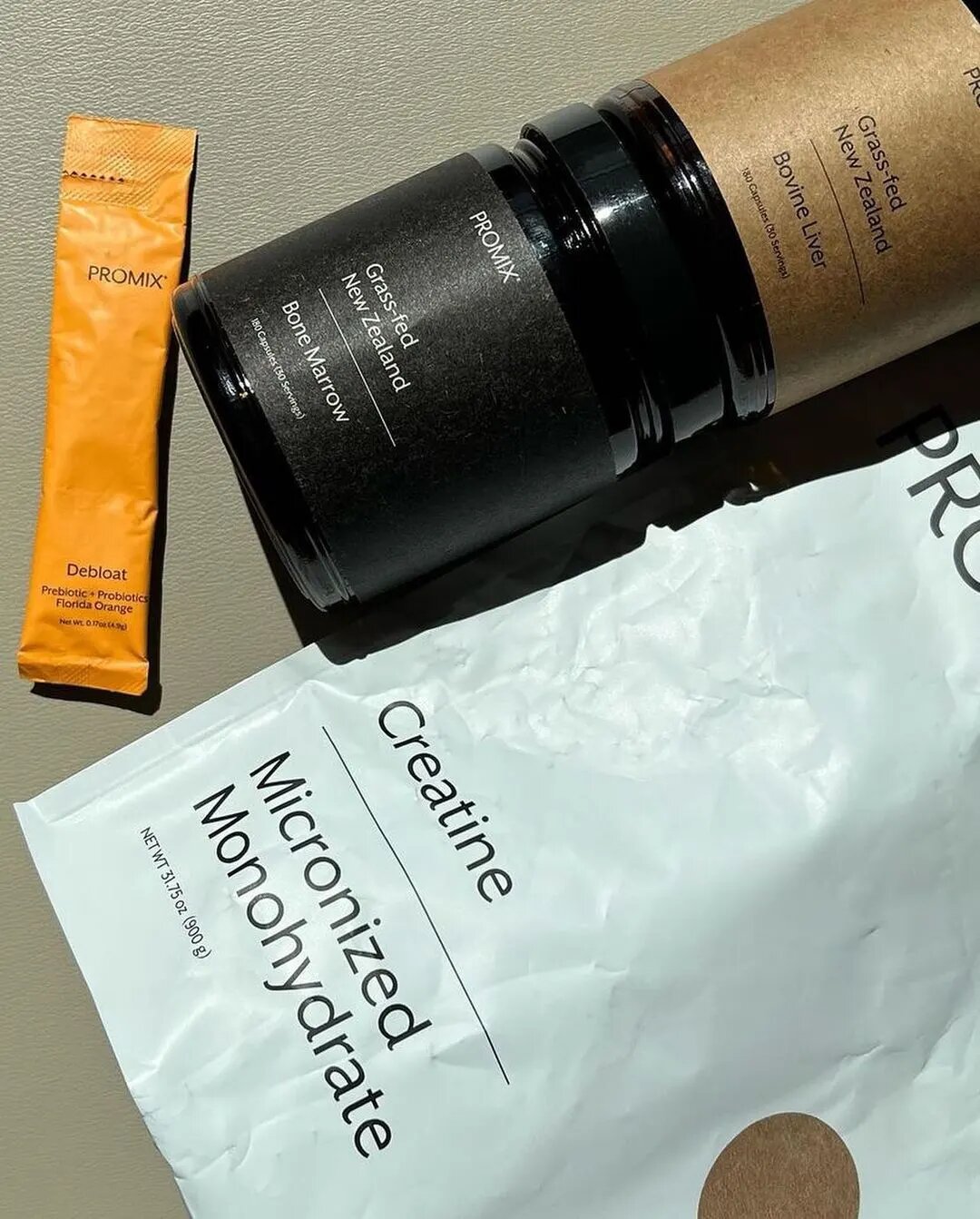
A few main things particularly stand out with the Promix creatine. It’s NSF-certified which makes it great for tested athletes and people who want to guarantee they are taking a clean supplement. It comes in an extra-large package with 180 servings, offering you excellent value for money when you consider the price point.
2. Our recommended Whey Protein – Transparent Labs Whey Protein Isolate
The Transparent Labs Protein is a 100% grass-fed whey protein isolate that contains one of the highest protein-by-weight ratios at 88%. This gives you 28 grams of high-quality protein per serving alongside 1 gram of carbohydrate with no fat and sugar.
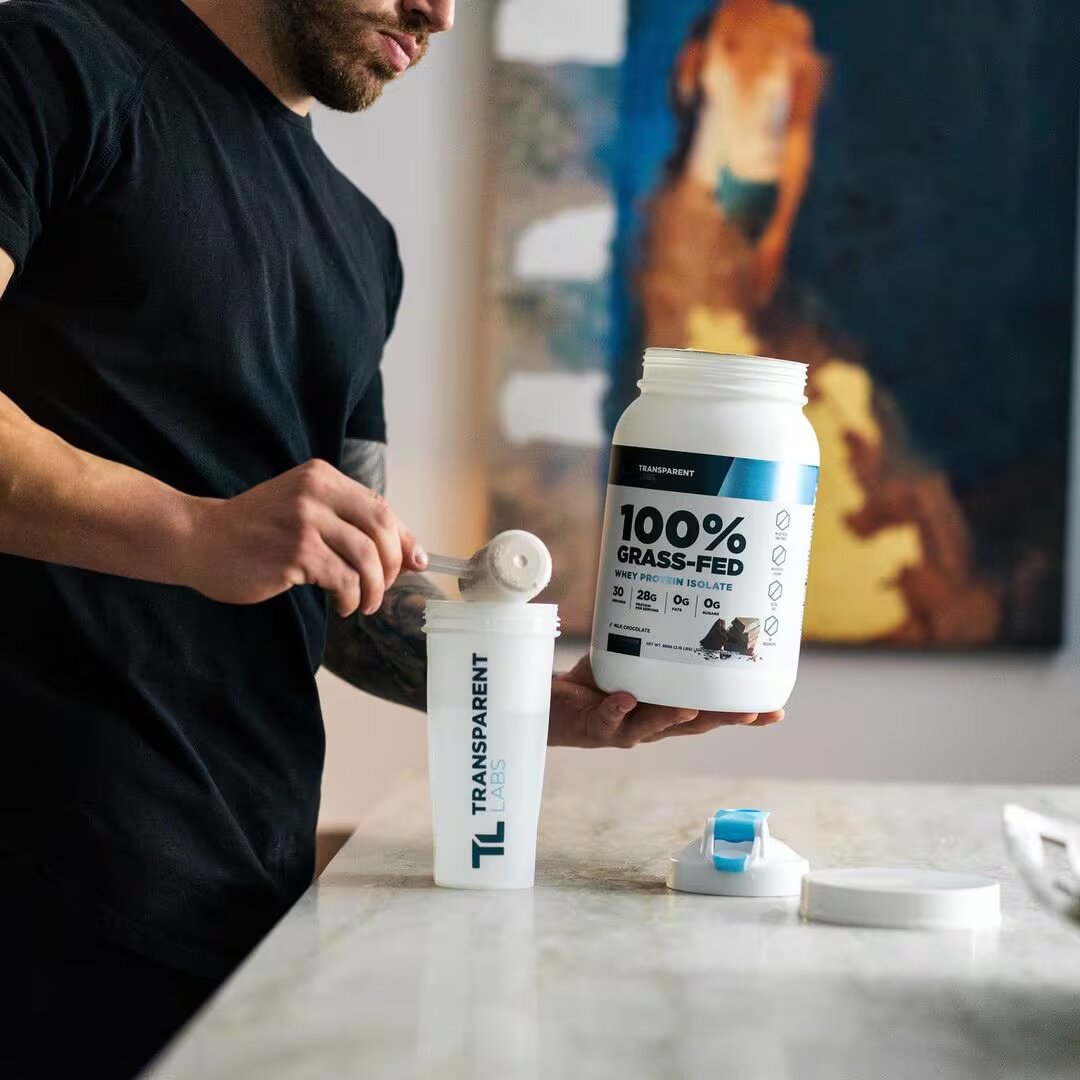
Transparent Labs uses natural ingredients throughout their product range, with their whey isolate free from artificial sweeteners, colors, and flavors. Each tub contains 55 servings and comes in milk chocolate and French vanilla flavors.
FAQ
Is Creatine Safer Than Whey Protein?
Creatine and whey protein have both been extensively researched and shown an excellent safety profile at much higher doses than the recommended daily amounts.
As with any supplement, the correct dosing protocol should still be followed. Base your supplement choice on your workout goals, with both creatine and protein providing a number of benefits with little chance of side effects with responsible use.
Which Is Better Creatine Or Whey Protein?
Creatine and whey protein are two of the most widely used supplements that help you to build muscle but in different ways. Creatine saturates your muscles with energy whilst protein provides the building blocks for growth and recovery and stimulates MPS.
If you have to pick one to use, whey protein would be the clear winner. Protein is crucial for performance and well-being and overall daily protein intake should be viewed as the most important factor. When your protein intake is sufficient, start to think about supplementing creatine. However there is absolutely nothing wrong with taking both.
Does Creatine Build More Muscle Than Whey Protein?
Creatine can improve exercise capacity, therefore increasing muscular strength and slightly (long-term) muscle mass. Whey protein helps to increase muscle protein synthesis to build more muscle.
Protein provides the building blocks for muscle building meaning that it is needed for it to take place. Therefore protein would be seen as more important for muscle building compared to creatine.
Is Creatine A Protein?
Creatine is an amino acid derivative which means it is not a protein. Proteins are large, complex polypeptide structures that contain one or more long chains of amino acid residues. Creatine is the primary component of phosphocreatine which is used to regenerate ATP.
Conclusion
Creatine and whey protein are two of the most widely researched supplements with physical and performance-enhancing effects.
Creatine improves work capacity and recovery so indirectly helps with muscle growth. Whey protein is an essential macronutrient that stimulates muscle protein synthesis meaning intake is one of the main determinants of muscle growth. Creatine helps to support muscle growth via improvements in muscular strength but isn’t actually needed as a supplement for muscle growth to take place.
Do you take protein powder or creatine? What do you take them for? Do you notice a difference between creatine and protein supplementation? Let me know in the comments below and we can discuss your supplement protocols in more detail.
Also read:
- Different Types of Creatine
- How Many Grams of Creatine Hcl a Day
- How Long Does Creatine Last
- Does Creatine Taste Bad
- Why Does Creatine Make My Stomach Hurt
- Difference Between Creatine Nitrate and Monohydrate
- Beta Alanine or Creatine
- Does Creatine Make You Bloated
References:
- A M Persky, “Clinical pharmacology of the dietary supplement creatine monohydrate” NCBI, https://pubmed.ncbi.nlm.nih.gov/11356982/ (accessed Jun 2001).
- Thomas W Buford, “International Society of Sports Nutrition position stand: creatine supplementation and exercise” NCBI, https://www.ncbi.nlm.nih.gov/pmc/articles/PMC2048496/ (accessed 2007).
- Richard B. Kreider, “International Society of Sports Nutrition position stand”, BMC, https://jissn.biomedcentral.com/articles/10.1186/s12970-017-0173-z (Published: 13 June 2017)
- John W. Carbone, “Dietary Protein and Muscle Mass” NCBI, https://www.ncbi.nlm.nih.gov/pmc/articles/PMC6566799/ (Accessed May 2019)
- “Whey Protein – Uses, Side Effects, and More”, WebMD, https://www.webmd.com/vitamins/ai/ingredientmono-833/whey-protein
- Everson A. Nunes, “Systematic review and meta-analysis of protein intake to support muscle mass and function in healthy adults”, Wiley, https://onlinelibrary.wiley.com/doi/10.1002/jcsm.12922 (Published: 20 February 2022)
- Robert W Morton, “A systematic review, meta-analysis and meta-regression of the effect of protein supplementation on resistance training-induced gains in muscle mass and strength in healthy adults”, BMJ, https://bjsm.bmj.com/content/52/6/376
- Ryan Burke, “The Effects of Creatine Supplementation Combined with Resistance Training on Regional Measures of Muscle Hypertrophy”, NCBI, https://www.ncbi.nlm.nih.gov/pmc/articles/PMC10180745/ (Accessed May 2023)
- Benjamin Wax, “Creatine for Exercise and Sports Performance, with Recovery Considerations for Healthy Populations”, NCBI, https://www.ncbi.nlm.nih.gov/pmc/articles/PMC8228369/ (Accessed Jun 2021)
- Harry P. Cintineo, “Effects of Protein Supplementation on Performance and Recovery in Resistance and Endurance Training”, NCBI, https://www.ncbi.nlm.nih.gov/pmc/articles/PMC6142015/ (Accessed 2018)
- Richard B. Kreider, “International Society of Sports Nutrition position stand”, BMC, https://jissn.biomedcentral.com/articles/10.1186/s12970-017-0173-z (Published: 13 June 2017)
Why Trust Us?
With over 20 years in Olympic Weightlifting, our team does its best to provide the audience with ultimate support and meet the needs and requirements of advanced athletes and professional lifters, as well as people who strive to open new opportunities and develop their physical capabilities with us.
By trusting the recommendations of our certified experts in coaching, nutrition, dietology, and sports training programming, as well as scientific consultants, and physiotherapists, we provide you with thorough, well-considered, and scientifically proven content. All the information given in the articles concerning workout programming, separate exercises, and athletic performance, in general, is based on verified data. We ensure that you can rely on our professionals’ pieces of advice and recommendations that can be treated as personalized ones which will benefit you and fully meet your needs.
The product testing process is described in more detail here
Author: Jacek Szymanowski
Certified Nutritionist,
M.Sc.Eng. Biotechnology
Performance Architect,
Strength and Conditioning Specialist
With over 30 years of fighting experience, specialization in nutrition coaching for athletes, and expertise in metabolic health and dietary strategies, Jacek offers a comprehensive approach to optimizing your performance and well-being. Backed by a Master of Science degree in Biotechnology, Jacek remains at the forefront of scientific advancements, ensuring that his coaching is always evidence-based and up-to-date.

